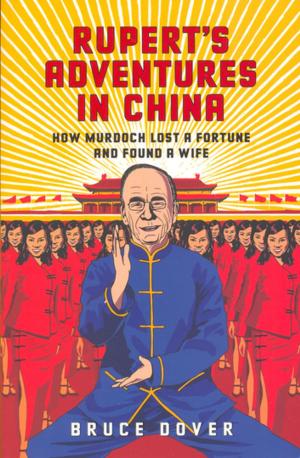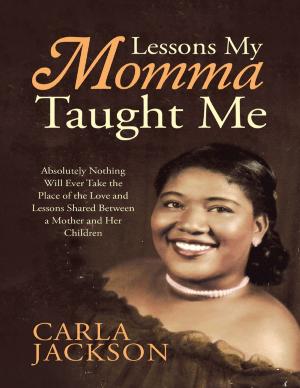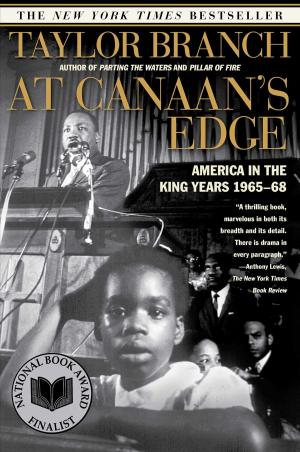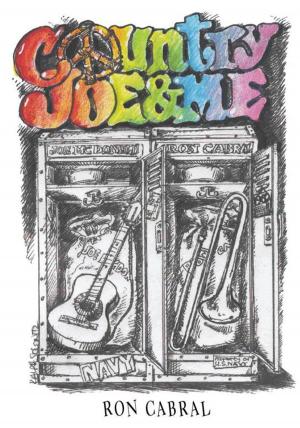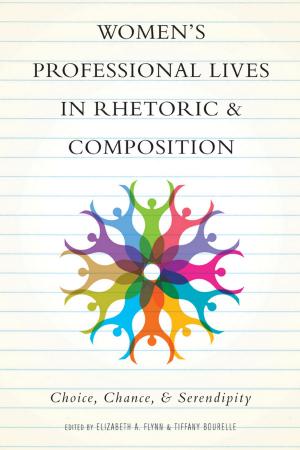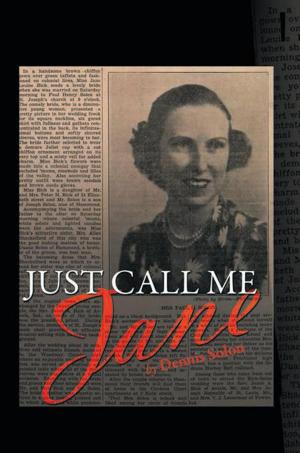| Author: | Heidi Sieg-Smith | ISBN: | 9781452492513 |
| Publisher: | Heidi Sieg-Smith | Publication: | March 11, 2012 |
| Imprint: | Smashwords Edition | Language: | English |
| Author: | Heidi Sieg-Smith |
| ISBN: | 9781452492513 |
| Publisher: | Heidi Sieg-Smith |
| Publication: | March 11, 2012 |
| Imprint: | Smashwords Edition |
| Language: | English |
After The Bombs – My Berlin begins with the life of a German family at the beginning of the First World War and continues with their struggles in the aftermath of the Second World War.
After the war Berlin was mostly rubble and the Cold War was heating up. The Berlin Blockade and the construction of The Wall placed the city in the center of the Cold War.
After The Bombs reflects on the hardships and strict society of the first half of the 20th century in Germany. Heidi responds to these challenges with an adventurous spirit that reminds us all that we are stewards of our own destiny.
Political leaders declare war, but the people have to carry it out and ultimately are the ones really paying for it. Children of war casualties are penalized most, as they are denied a normal chain of events in their youth.
I was only one of hundreds of thousands half-orphans. I'm sure my experiences are not that unusual. But without war my father would have been around and we could have been a complete family. Yes, we all recovered from World War II but scars remain, some families carry more than others. Even now in 2012, 67 years after the end of the war, I feel anger at the mention of war.
This ultimately led to writing this book, to document the effects of war as I experienced them. People forget the long reaching and lasting ripple effects of war.
‘After the Bombs, My Berlin’ is a good story and lesson in how the histories of the United States and Germany remain intertwined, not only through the events and consequences of war but by the migrations of their people.
After The Bombs – My Berlin begins with the life of a German family at the beginning of the First World War and continues with their struggles in the aftermath of the Second World War.
After the war Berlin was mostly rubble and the Cold War was heating up. The Berlin Blockade and the construction of The Wall placed the city in the center of the Cold War.
After The Bombs reflects on the hardships and strict society of the first half of the 20th century in Germany. Heidi responds to these challenges with an adventurous spirit that reminds us all that we are stewards of our own destiny.
Political leaders declare war, but the people have to carry it out and ultimately are the ones really paying for it. Children of war casualties are penalized most, as they are denied a normal chain of events in their youth.
I was only one of hundreds of thousands half-orphans. I'm sure my experiences are not that unusual. But without war my father would have been around and we could have been a complete family. Yes, we all recovered from World War II but scars remain, some families carry more than others. Even now in 2012, 67 years after the end of the war, I feel anger at the mention of war.
This ultimately led to writing this book, to document the effects of war as I experienced them. People forget the long reaching and lasting ripple effects of war.
‘After the Bombs, My Berlin’ is a good story and lesson in how the histories of the United States and Germany remain intertwined, not only through the events and consequences of war but by the migrations of their people.

